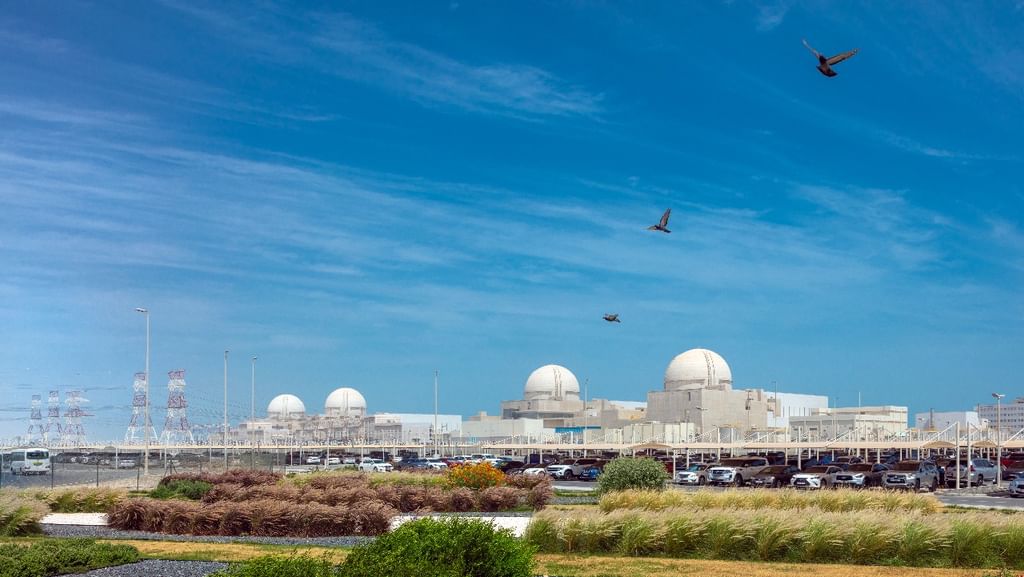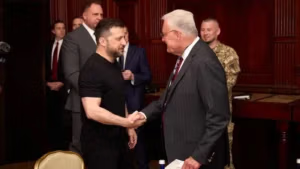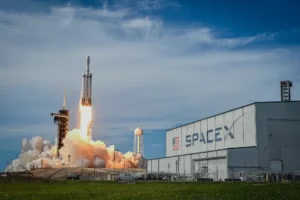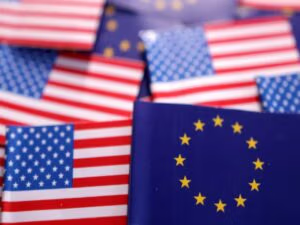The Emirates Nuclear Energy Company (ENEC) today marks the first anniversary of the Barakah Nuclear Energy Plant achieving full-fleet operations. With all four APR1400 reactor units now operating, Barakah is generating 25% of the UAE’s electricity needs, significantly expanding the nation’s baseload power capacity and strengthening both energy security and sustainability.
In the past 12 months alone, Barakah has produced 40 terawatt-hours (TWh) of clean electricity, reliably powering homes, industries, and technology-driven sectors. Since Unit 1 began operations, the Plant has generated over 120 TWh of clean energy—enough to meet the annual electricity demand of New York City. As the largest source of clean power in the region, Barakah is at the forefront of decarbonizing the UAE’s energy system.
Internationally, the development of Barakah is recognized as one of the most efficient and timely new nuclear builds in recent history. The project achieved a 40% reduction in cost, time, and labor between Units 1 and 4, underscoring that large-scale nuclear plants can be delivered safely, efficiently, and transparently.
The Plant also serves as a global case study for new nuclear development, with an average delivery time of 7.9 years per unit. Construction began in July 2012, and by 2015, with work starting on Unit 4, Barakah became the world’s largest nuclear construction site, with four identical reactors being built simultaneously. Unit 4 was completed in December 2023 and entered operations in September 2024.
Mohamed Al Hammadi, Managing Director and Chief Executive Officer of ENEC, said: “One year into full operations, Barakah Plant is delivering on its promise – clean, dependable power, around the clock. The achievement is due to a long-term vision, sustained investment, and a focus on high-quality execution at every stage. We’re incredibly proud of what Barakah represents for the UAE and for the global civil nuclear sector, and we are now leveraging this expertise through international partnerships to help other nations and companies realize the pivotal role of civil nuclear energy in meeting the growing demand of electricity.”
In addition to supplying enough clean power to support 574,000 UAE homes, Barakah has become central to the UAE’s energy transition, preventing 22.4 million tons of carbon emissions annually. Since Unit 1 began operating, more than 58 million metric tons of CO₂ emissions have been avoided—the equivalent of removing 12 million cars from the roads. Over the past five years, the UAE has added more clean electricity per capita than any other nation worldwide, with 75% of that clean energy generated by Barakah.
The Plant is also driving industrial decarbonization. Today, 85% of Abu Dhabi’s Clean Energy Certificates are backed by Barakah’s output, enabling companies such as ADNOC, EMSTEEL, and Emirates Global Aluminium (EGA) to certify products as low-carbon. This includes EGA’s recent launch of MinimAL, its first delivery of low-carbon aluminum.
Delivered in partnership with Korea Electric Power Corporation (KEPCO), and regulated by the Federal Authority for Nuclear Regulation (FANR) in line with IAEA and WANO standards, Barakah has also built a skilled Emirati-led nuclear workforce. More than 2,000 UAE Nationals are now contributing to the Plant’s safe and reliable operations, working alongside international experts.
(Inputs from WAM)





